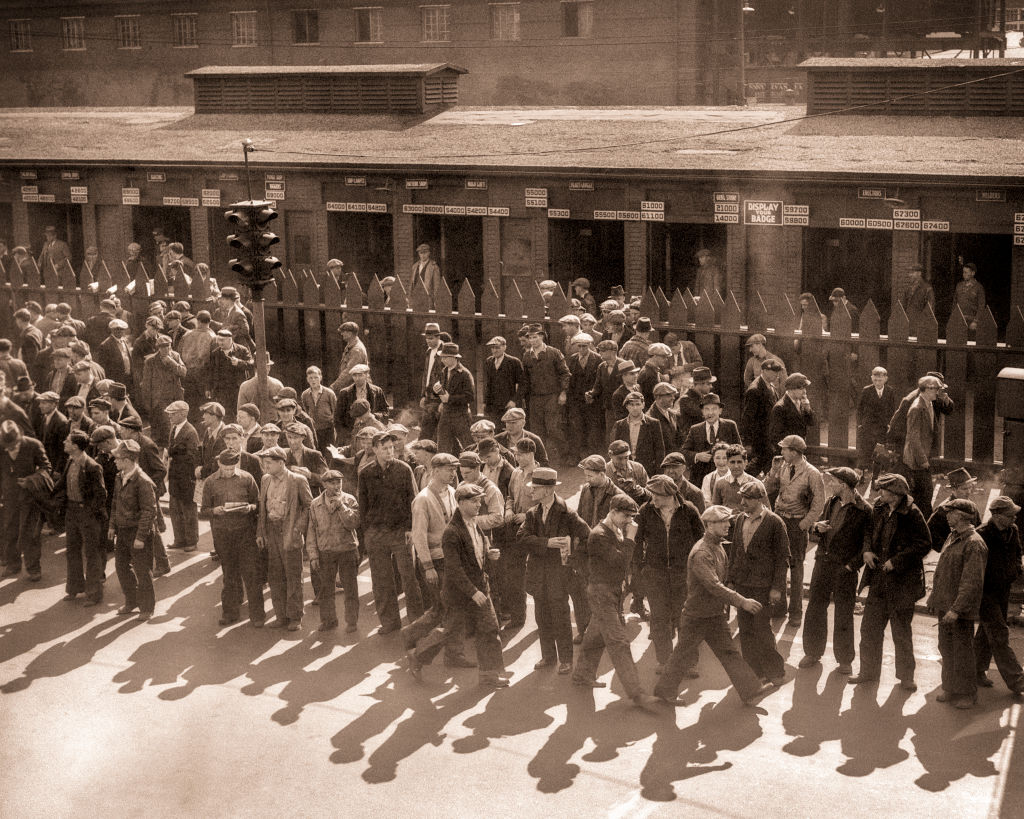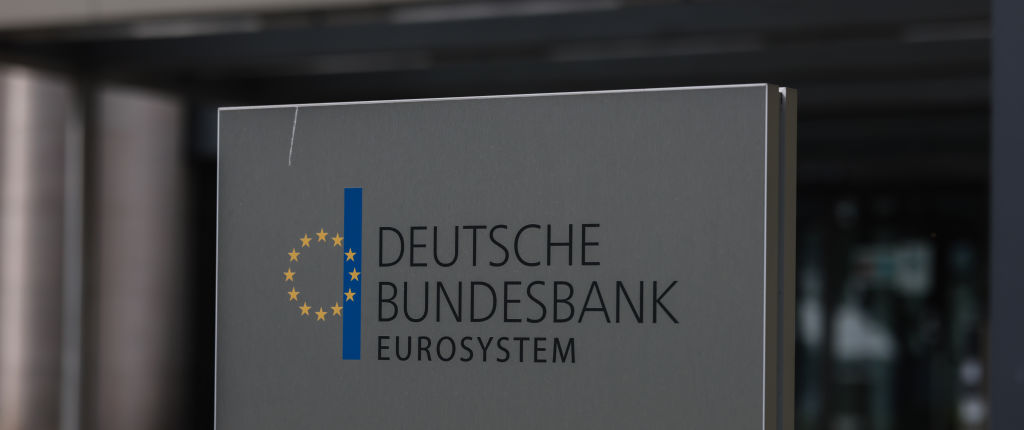Stefan Wolf, the head of the German employers’ association Gesamtmetall, has said hundreds of thousands of jobs in the metals and electricals industry are at risk.
He was speaking in an interview with the Berliner Morgenpost, published on October 16,
Wolf blamed what he called misguided policies operated by the German progressive government and the European Union.
He warned of dramatic consequences regarding the current state of Germany’s economy and called for a reform agenda.
“I expect that we could lose 250,000 to 300,000 jobs in the metal and electrical industry in the next five years,” he said.
Wolf noted the demographic shift in Germany with a growing number of older employees – baby boomers – nearing retirement and fewer young workers available to replace them.
He added, though, that there was a shortage of workers and that Germans would have to work more.
“The generation between their early 20s and mid-30s grew up in prosperity. Many only know rosy times. We must also convey to them that now is the time to work more as a society as a whole.”
Wolf said Germany had a required maximum of 48 working hours per week, adding: “There’s no point in replacing a rigid number with another rigid number” and that “room to manoeuvre for both sides” was “crucial”.
He said the pension system also needed reform, to be tailored on an individual base, making it more attractive to work longer on a voluntary basis, using incentives such as tax advantages and exemptions regarding social security.
The current pension package operated by the traffic light coalition government “is completely wrong” he said and added that he did not think it was “financially viable”.
Regarding the current economic situation, Wolf said Germany was “in a structural crisis” and that he “lacked faith” that the current federal government was able to solve the problems.
He said expected the Bundestag election campaign would lead to politicians worrying more about being re-elected rather than fixing the economy.
Wolf highlighted what he called an urgent need for structural reform, starting with a “sensible” energy policy. “Our energy prices are too high, and the expansion of renewables is progressing too slowly,” he stated, adding he wanted a “re-entry into nuclear energy, which is completely CO2-neutral”.
Regarding taxes, he said: “We have the highest corporate taxes of all major economies and far too high social security contributions. We must cap social security contributions at 40 per cent and initiate a tax reform.”
Wolf said Germans would need to work more hours, stressing that the country currently had the shortest working hours in the world within the metals and electricals industries.
He called for an urgent “comprehensive reform” of education policy with “higher educational standards”, saying that every young person must be able to write, calculate and read to acceptable standards after leaving school.
Wolf also said he wanted to cut burgeoning bureaucracy in the country.
He also said he wanted and end to the Supply Chain Due Diligence Act, a German law requiring companies to monitor human rights and environmental risks in their supply chains, as replicated by the European Union last summer.
“It is naïve to believe that we can prevent child labour and human rights violations worldwide because we prohibit it by law from Germany. German companies pay around €70 billion per year exclusively to cope with bureaucracy, i.e. to comply with reporting obligations and regulations.”
“The requirements from Brussels and Berlin are getting worse and worse. The entrepreneurs know best what the customers want. Politics must stop telling us what we have to develop in order to push things through ideologically,” he said.
Continuing on ideologically inspired dictates from above, Wolf also criticised what he saw as the forced shift to electric vehicles by Brussels.
“Twelve years ago, I said that e-mobility would not work in this form, that we would not get the charging station infrastructure built quickly enough, that we would not have enough green electricity and, above all, that customers would not want it.”
“That’s how it happened. The automotive industry has been forced to enter electromobility. And lo and behold, customers don’t buy the product,” he said.
Wolf noted that the Chinese and Americans had succeeded in attracting investments while, in contrast, “[European Commission President Ursula] … von der Leyen can’t think of anything.”
To secure the German car industry, Wolf said the planned 2035 ban on internal combustion engines should be lifted as soon as possible.
Money saved by doing so could be invested in new technologies, he claimed. “We also help the climate more if we sell clean cars to the USA, India and China than if we save 2 per cent CO2 through a European ban on internal combustion engines. ”
Wolf said there was an overcapacity in the European car industry, partly because of what he said were misguided EU policies.
He pointed to a Fiat plant in Sicily, funded with millions of euros and designed to boost a structurally inappropriate region.
“Who builds a car plant on an island? You have to load everything onto the ship and bring it to the mainland. Even though the plant is now closed, it shows the insanity of planned subsidy policy,” Wolf said.
Another EU policy he lambasted was the punitive tariffs on Chinese EVs, calling its instigation “a blatantly wrong decision”. He argued that China would retaliate with its own tariffs and, since German cars are in a higher market segment, the impact on German exports would be all the greater.
Referring to the Green MP and economy minister Robert Habeck, Wolf said: “In the Ministry of Economic Affairs, only climate protection takes place, but not the economy.”





